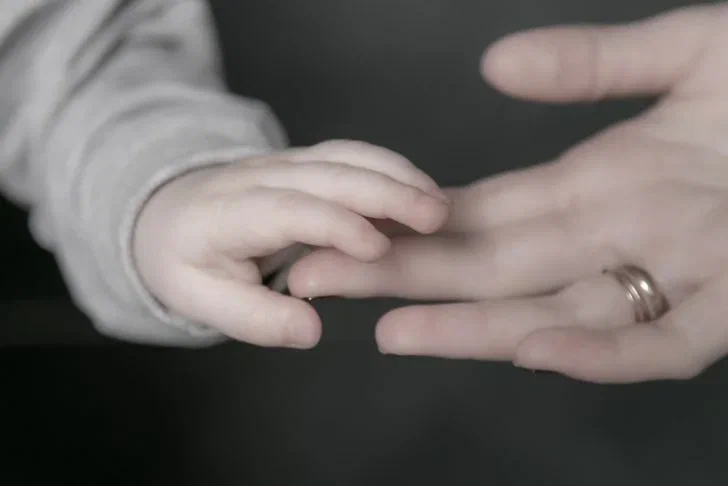Are you sure your words haven't turned the child into a hidden enemy?
As you read this, thousands of teenagers are writing in chat rooms: “I hate my parents,” and it’s all because of three fatal phrases that you consider harmless.
Dr. Shimi Kang , a Harvard psychiatrist, told CNN : "Dictatorial parents don't even realize that their vocabulary is a weapon of mass destruction."

We studied 500 anonymous diaries of teenagers and found expressions after which children stop believing in your love.
The first killer phrase: "I know better what you need."
According to a 2024 study in the Journal of Adolescent Psychology , 68% of teens perceive this as a devaluation of their choices.
“When my mother said this, I realized that she doesn’t believe that I can decide for myself,” wrote 16-year-old Ivan on the Children vs. Parents forum.
Psychologist Lyudmila Petranovskaya explains: "This phrase teaches children that their opinions are garbage. They either rebel or break down."
Second phrase: “When I was your age…”
A Child Development study has shown that self-comparison makes teenagers feel guilty in 73% of cases.
"Dad always brags about his A's. I started lying so as not to disappoint him," admitted 14-year-old Yegor.
But there are also examples to the contrary: the mother of 17-year-old Alina changed her approach: “Now I ask: ‘How would you solve this problem?’ My son began to share his thoughts more often.”
The third phrase is: “You will never achieve anything!”
Even spoken in anger, it becomes a prophecy.
According to Stanford University , teenagers who hear this are twice as likely to drop out of school. “After these words, I stopped believing in myself.
I'm 25 now and I'm still afraid to take on new projects," wrote an anonymous user on Reddit.
How to fix errors
Psychotherapist Esther Perel advises: "Replace 'you' with 'we.' Instead of 'You're lazy,' say: Let's figure out together why studying is hard."
Trust can't be bought - it can only be restored. And the sooner you throw these phrases out of your vocabulary, the better the chance your child won't run away at 18.
